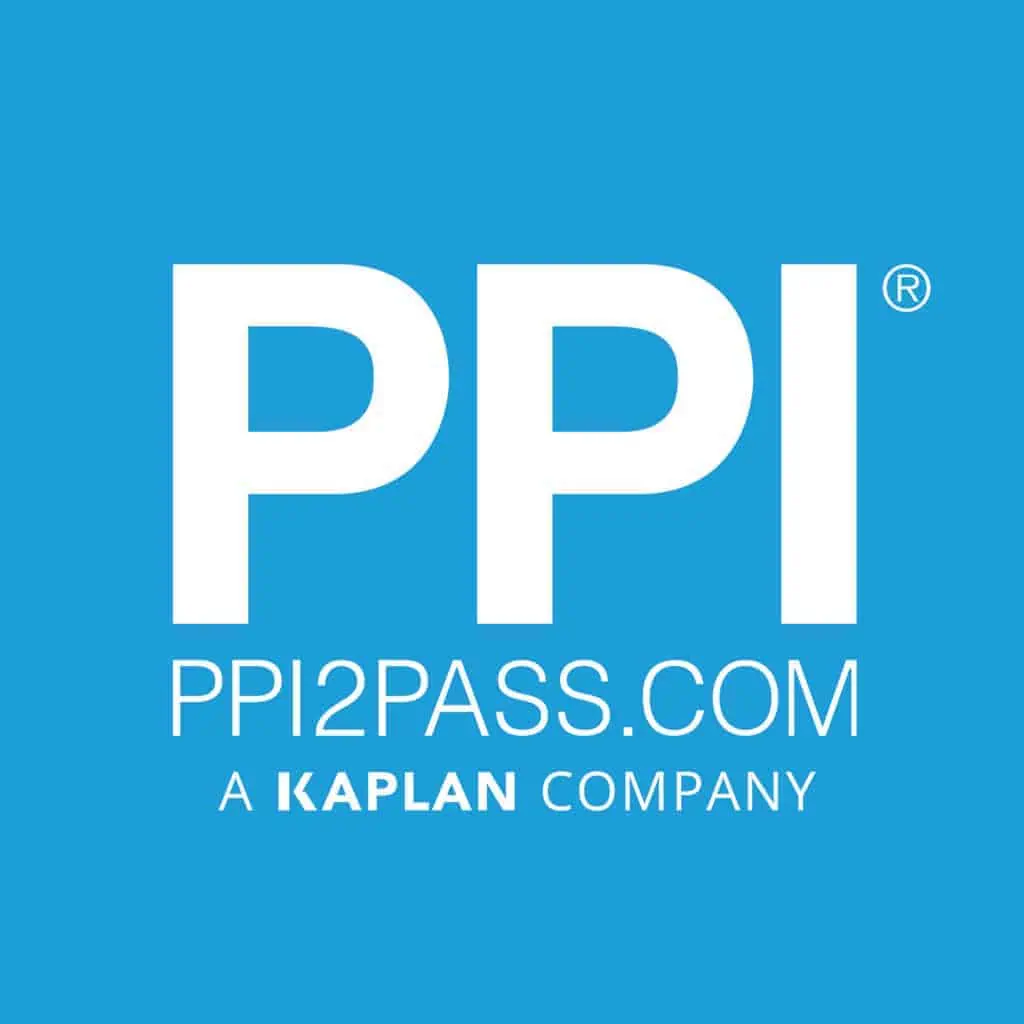In this article (and video above), I uncover a critical resource for aspiring engineers: The FE Reference Handbook, and dive into the essential steps to obtain your own free PDF copy of this indispensable tool, crucial for mastering the Fundamentals of Engineering exam.
When you’re taking the Fundamentals of Engineering exam, or FE for short, you’ll get access to a free, searchable, PDF document that you can reference throughout the exam. This nearly 500-page book is known as the FE Reference Handbook. The FE Reference Handbook is your go-to resource during the Fundamentals of Engineering (FE) exam, a crucial step for obtaining your engineering license in the US. It’s an invaluable tool packed with formulas, equations, charts, and data relevant to various engineering disciplines.
What is the FE Reference Handbook?
- The National Council of Examiners for Engineering and Surveying (NCEES) publishes this official handbook.
- It’s the only reference material you can use during the computer-based FE exam.
- You won’t bring a physical copy; a PDF version is provided within the exam software.
- The content varies based on your chosen engineering discipline (e.g., civil, mechanical, electrical).
Here are the steps to get your free PDF copy of the FE Reference Handbook directly through NCEES:
[Read more…] about How to Get Your Free PDF Copy of the FE Reference Handbook
 Mark is a Managing Director at 1898 & Co., part of Burns & McDonnell. 1898 & Co. is a global business, technology and security consultancy serving critical infrastructure industries. We partner with clients to plan, secure and optimize their business. As part of Burns & McDonnell and our 125 years of industry experience, we understand the complexity of your asset-intensive business model, the trends impacting your industry, and the need to ground big ideas in operational realities.
Mark is a Managing Director at 1898 & Co., part of Burns & McDonnell. 1898 & Co. is a global business, technology and security consultancy serving critical infrastructure industries. We partner with clients to plan, secure and optimize their business. As part of Burns & McDonnell and our 125 years of industry experience, we understand the complexity of your asset-intensive business model, the trends impacting your industry, and the need to ground big ideas in operational realities. Ben Frerichs is a Managing Director at 1898 & Co., a global business, technology, and security consultancy that partners with clients in critical infrastructure industries to deliver strategic insights and sustainable solutions. With over 120 years of industry experience as part of Burns & McDonnell, 1898 & Co. specializes in providing practical, real-world solutions for asset-intensive organizations.
Ben Frerichs is a Managing Director at 1898 & Co., a global business, technology, and security consultancy that partners with clients in critical infrastructure industries to deliver strategic insights and sustainable solutions. With over 120 years of industry experience as part of Burns & McDonnell, 1898 & Co. specializes in providing practical, real-world solutions for asset-intensive organizations. Tina Heath, PE, LEED, is a senior technical client manager at T&M Associates with a BS in chemical engineering and chemistry from the University of California, Berkeley. She is an analytical and meticulous compliance leader with expertise in EHS regulations, project management, incident investigations, root cause analysis, policy development, and vendor/government relations. Tina excels in SCAQMD RECLAIM & Title V air permits, hazardous material and waste management, water permits, storage tank regulations, safety and environmental policy development, and site audits. She is skilled in strategic planning, budget management, and implementing best practice methodologies to drive results and create a strong compliance culture. Her work includes liaising with various government agencies and ensuring compliance with local, state, and federal regulations, including Legionella prevention and reporting for refrigerants. Tina’s dedication to excellence and innovative approach ensure the sustained success of enterprises she works with.
Tina Heath, PE, LEED, is a senior technical client manager at T&M Associates with a BS in chemical engineering and chemistry from the University of California, Berkeley. She is an analytical and meticulous compliance leader with expertise in EHS regulations, project management, incident investigations, root cause analysis, policy development, and vendor/government relations. Tina excels in SCAQMD RECLAIM & Title V air permits, hazardous material and waste management, water permits, storage tank regulations, safety and environmental policy development, and site audits. She is skilled in strategic planning, budget management, and implementing best practice methodologies to drive results and create a strong compliance culture. Her work includes liaising with various government agencies and ensuring compliance with local, state, and federal regulations, including Legionella prevention and reporting for refrigerants. Tina’s dedication to excellence and innovative approach ensure the sustained success of enterprises she works with.


 Matthew currently serves as a content creator and host of The Engineering Project Management Podcast. A civil engineer by trade, Matthew has developed a passion for construction and stormwater management by way of maintenance and rehabilitation services. Matthew has also had experience working with private consulting firms and public agencies, and has even held a role of an educator. As such, he loves to lead, build, mentor, and help those in need.
Matthew currently serves as a content creator and host of The Engineering Project Management Podcast. A civil engineer by trade, Matthew has developed a passion for construction and stormwater management by way of maintenance and rehabilitation services. Matthew has also had experience working with private consulting firms and public agencies, and has even held a role of an educator. As such, he loves to lead, build, mentor, and help those in need.

